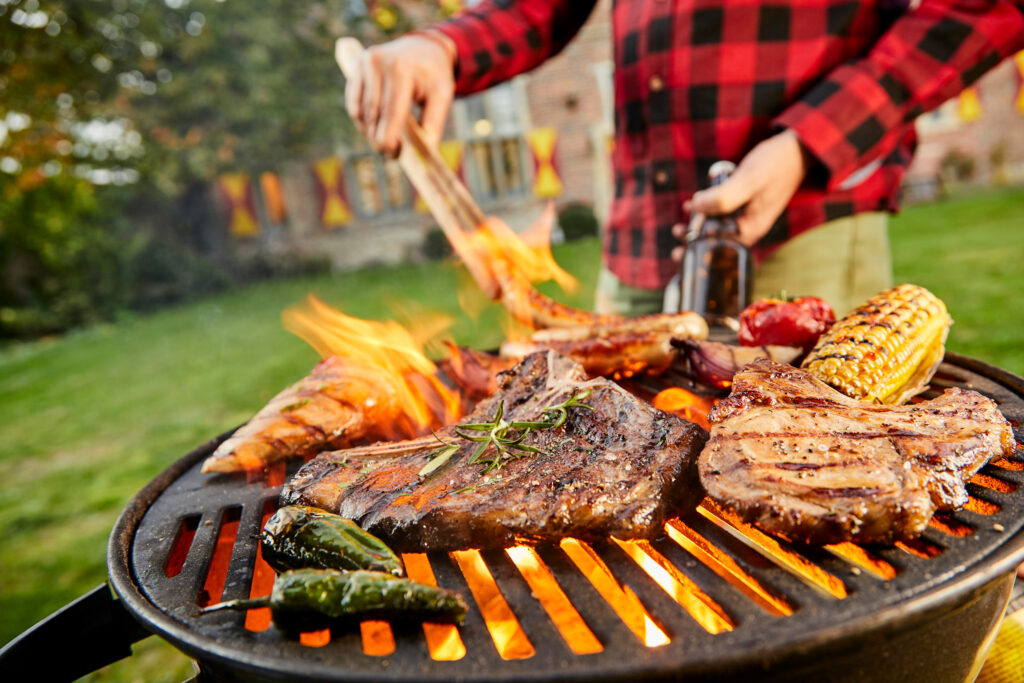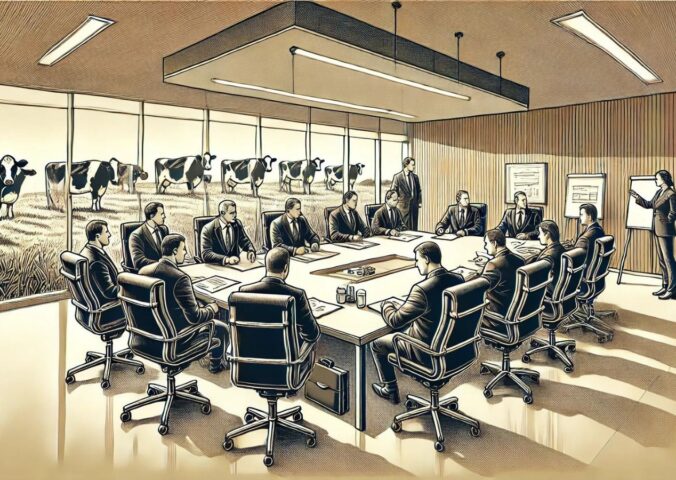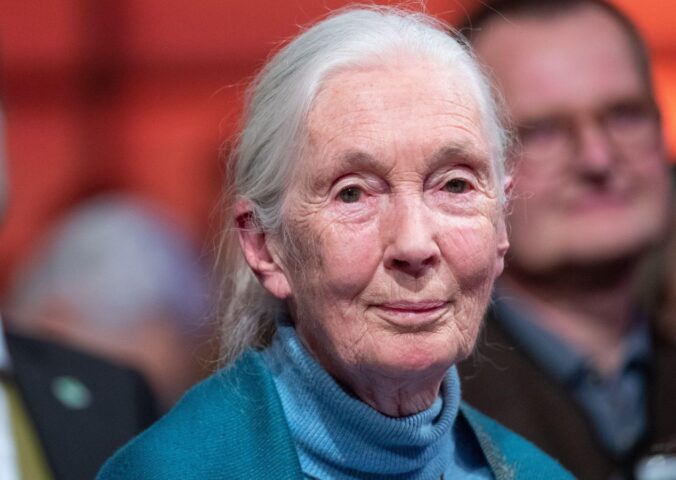A growing body of research suggests men may be contributing more to the climate crisis than women, in part due to their greenhouse gas emissions.
One Swedish study, published in the Journal of Industrial Ecology in 2021, found that men emit 16 percent more greenhouse gasses than women. This is because they tend to spend more money on environmentally damaging items like animal flesh and fuel. According to researchers, this variation is attributed to what men spend their money on, and not that they spend more money than women generally. They were only found to spend around two percent more than women overall.
Women were found to spend more money on healthcare, furnishings, clothes, and food. Men were more likely to spend more on eating out, cars, tobacco, and fuels.
“If men spent money the same way as women, their emissions would be similar but they are not,” the study’s lead author, Annika Carlsson Kanyama, from research company Ecoloop in Sweden, said in a statement.
The study
Researchers looked at 217 products and services bought by single men and women in Sweden. It found that food and drink accounted for a quarter of emissions, while holidays made up a third. Furnishings made up between two and three percent.
Men were found to spend more on meat, but women more on dairy. The study highlighted that meat and dairy have “much higher emissions than all their replacements,” including foods like oat milk and tofu.
Carlsson Kanyama recommended that men be encouraged to “spend money like a woman” to reduce their emissions.
Is eating meat ‘manly?’

Similar findings have been uncovered in other research, too. A recent study looked into the link between meat consumption and manliness was published. It found that Australian men who ate more meat believed themselves to be more “manly” than those following vegan diets.
“Our findings suggest that men in Australia may resist giving up meat because eating meat is a way of enacting their masculinity,” the study authors wrote. “Media representations of meat are gendered, and many advertisements position meat as ‘manly’. Even preschool-aged boys implicitly associate meat with maleness.”
The climate cost of meat
Numerous previous studies have found that animal agriculture is one of the most environmentally destructive industries there is. Meat accounts for 60 percent of all greenhouse gasses from food. A key issue is methane, a powerful greenhouse gas that’s 80 times more warming than carbon dioxide. A third of human-caused methane comes from livestock, mostly cattle.
Many scientists believe that a shift towards more plant-based diets is essential to combat the climate crisis. A 2018 study found that beef consumption needs to fall by 90 percent in western countries, replaced by five times more beans and pulses. Milk consumption should also fall by 60 percent, researchers said.
Greenhouse gas emissions themselves aren’t the only environmental issue meat causes. Livestock is also a leading cause of deforestation, with most Amazon destruction being attributed to cattle ranching and soy, the latter of which is mostly grown to feed to farmed pigs and chickens. Animal agriculture is also driving biodiversity loss, water pollution, and ocean dead zones.






